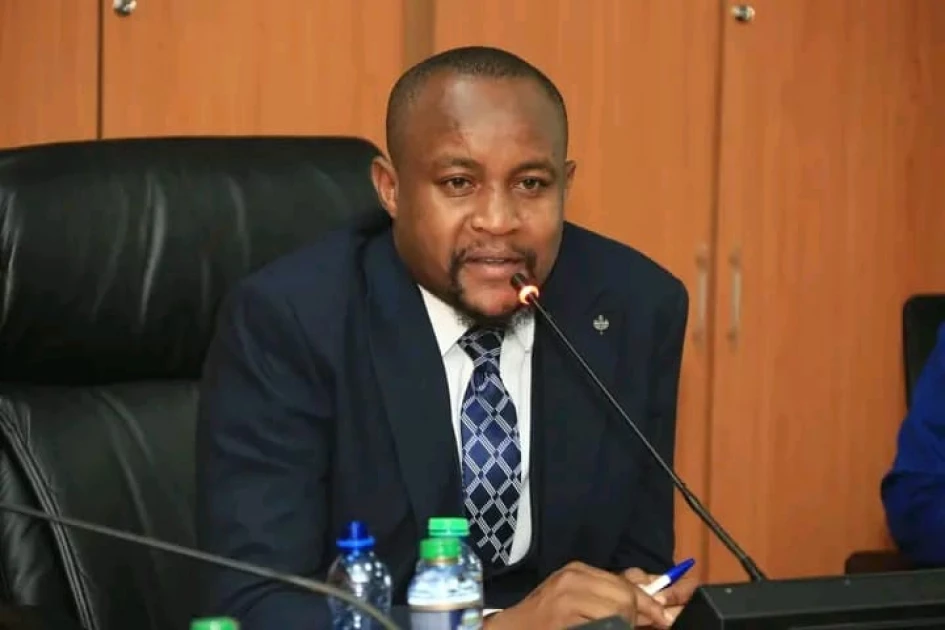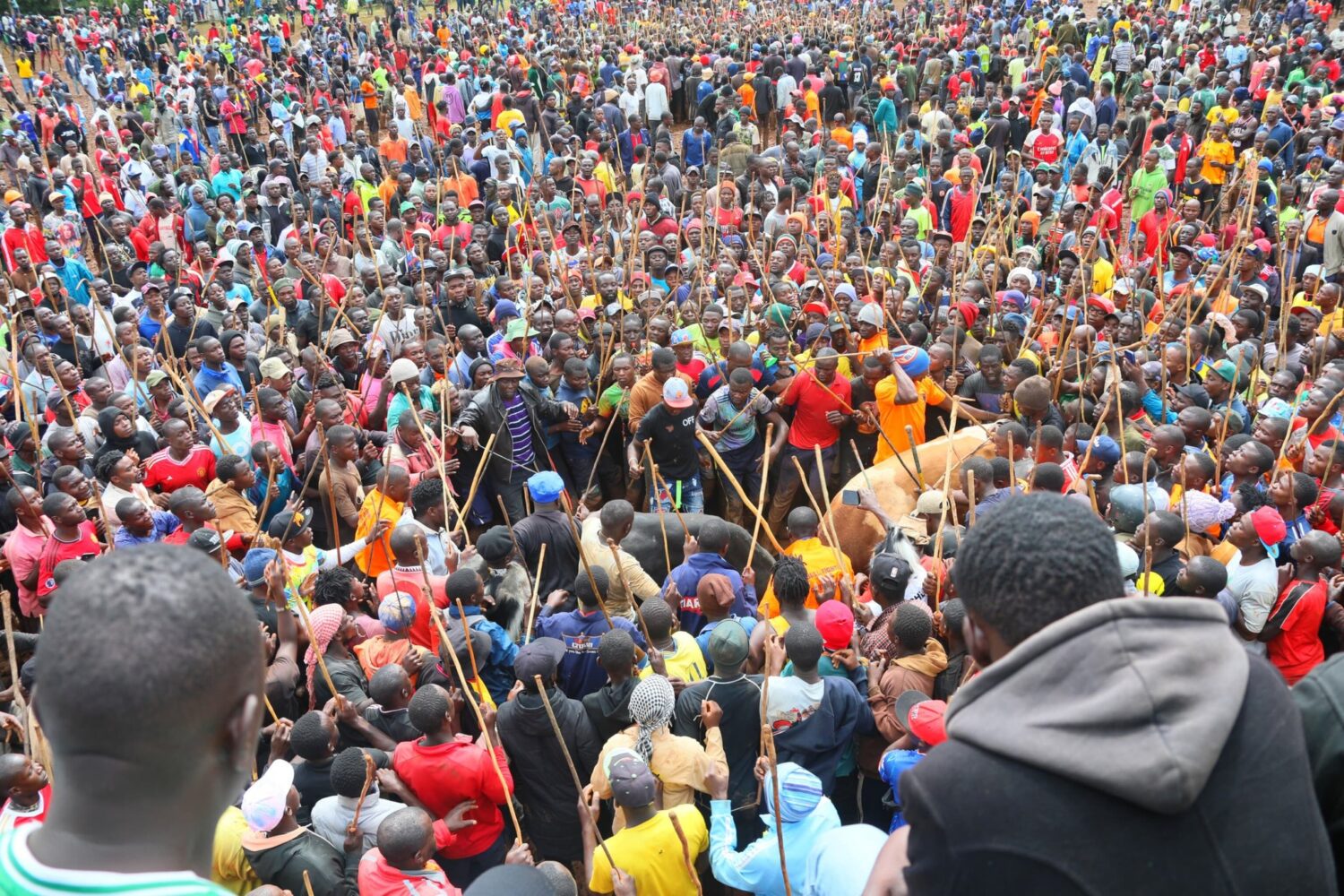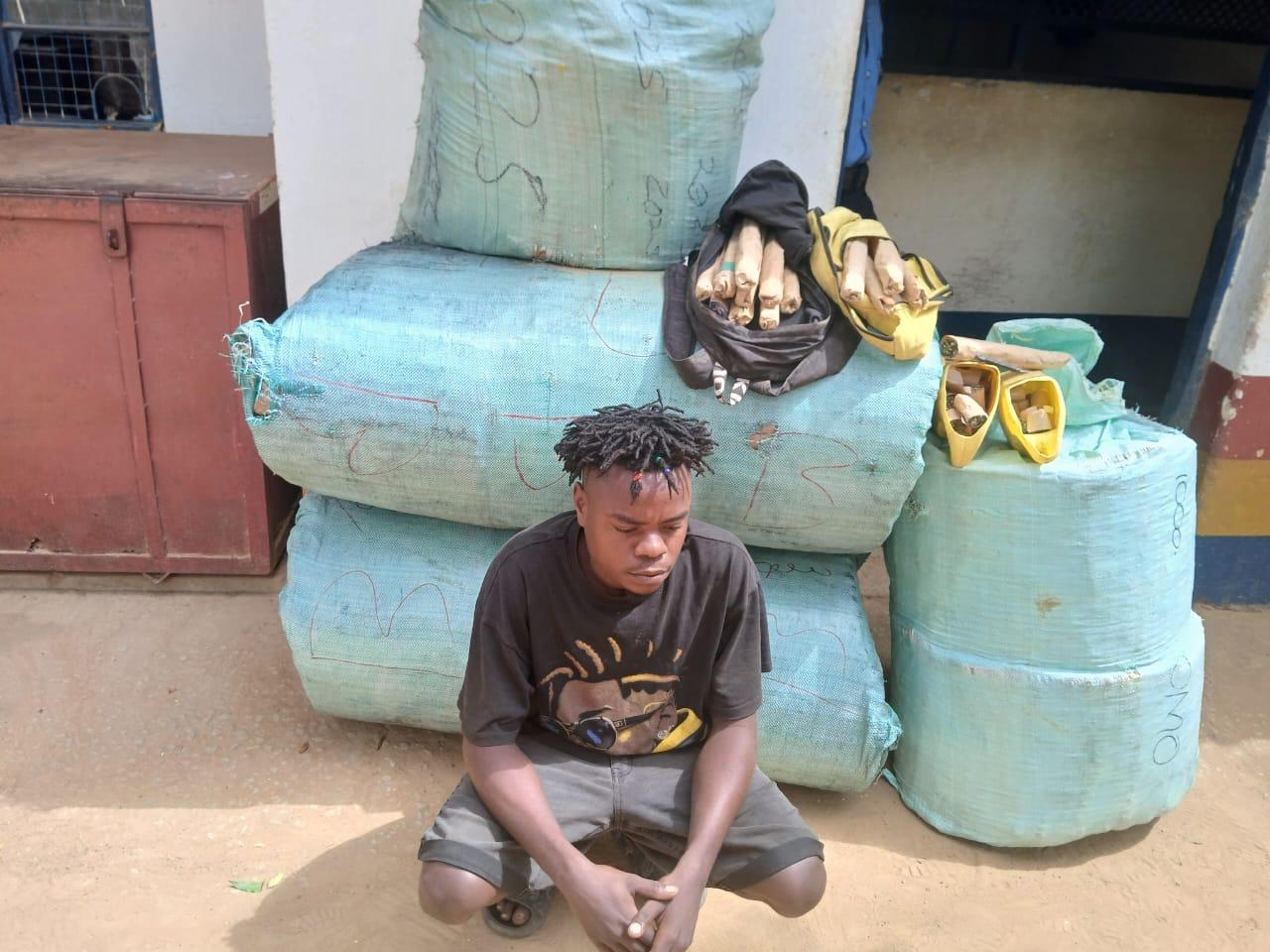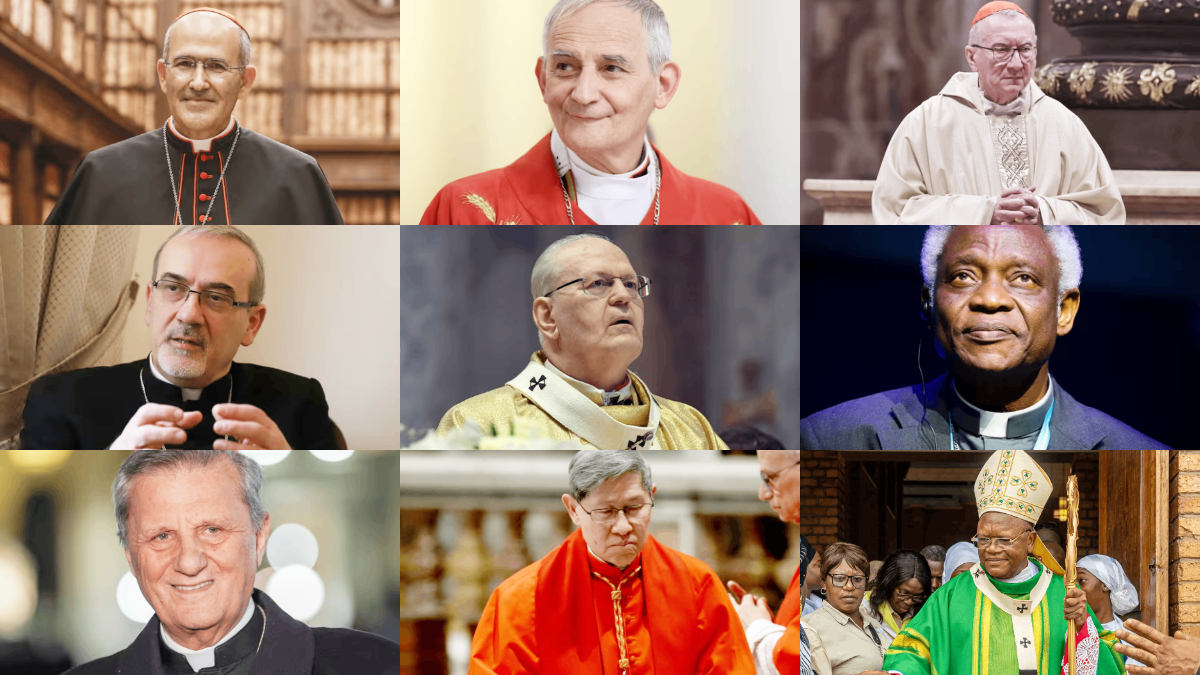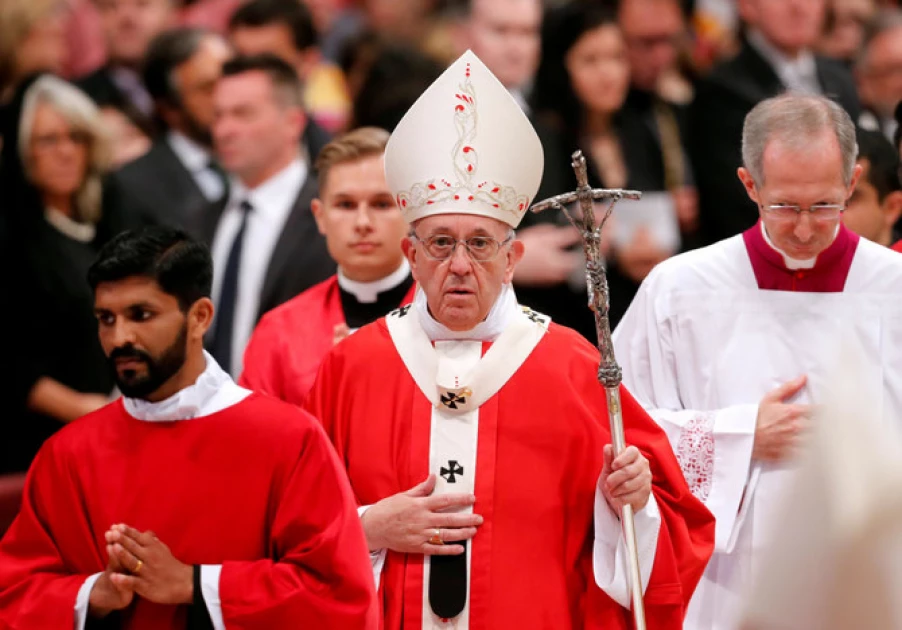Starehe MP Amos Mwago now says that Treasury tried to blackmail them into voting for the contentious Finance Bill, 2024 prior to the Thursday, June 20 session of the National Assembly.
According to the lawmaker, a statement released by the Treasury that indicated that the budget will have a shortfall of KSh200 billion if the Bill is not passed was a ploy to arm-twist MPs into voting in its favour.
“There was some element of trying to blackmail the MPs. The budget-making process is not an event, it is a process that entails the coordination between the Treasury, the Budget Committee and the Finance Committee,” MP Mwago said in an interview with K24. “Treasury tried to blackmail us by arm-twisting us with issues of budget cuts on Junior Secondary School teachers, Medical Interns, and our CDF, they were saying it will be trimmed down.”
Mwago was one of the 115 lawmakers who opposed the Bill with “NO” votes. In the end, the Bill sailed through to the next stage (Committee Stage) after 204 MPs voted in its favour.
However, the Jubilee Party MP insisted that they did not yield to the blackmail and threats by the Treasury.
Kuria Kimani, the chairperson of the National Assembly Finance Committee, on Tuesday, June 18 announced a raft of amendments to the Bill after what he said was a “successful” public participation exercise.
The amendments were;
1. 16 per cent VAT on bread removed.
2. VAT on the transportation of sugar also removed.
3. VAT on financial services and foreign exchange transactions has also been removed.
4. No increase in mobile money transfers.
5. 2.5 per cent Motor Vehicle Tax has also been removed.
6. Excise duty on vegetable oil removed.
7. Levies on the Housing Fund and Social Health Insurance will become income tax deductible.
8. It is crucial to point out that Eco Levy is being levied on imported finished products. Locally manufactured products will, therefore, not attract the Eco Levy. Locally assembly and manufacturing will help boost Kenya’s manufacturing capacity, create jobs and save foreign exchange.
9. Consequently, locally manufactured products, including sanitary towels, diapers, phones, computers, tyres and motorcycles, will not attract the Eco Levy.


